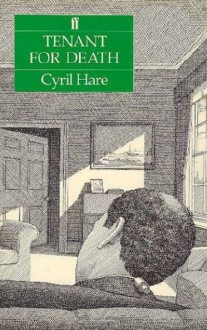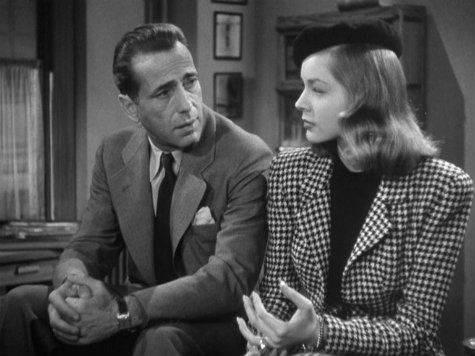


Thus Mansfield Park's improbable heroine, Fanny Price, admonishes her would-be suitor Henry Crawford when he purports to ask for her advice in a bid to win her around, after having already seduced her much wealthier cousins Maria and Julia Bertram. And in many ways, this one statement sums up the entire novel: More than in almost any other book – with the sole exception of Persuasion – Austen's emphasis here is on self-knowledge and self-guidedness, on knowing what is morally right and acting accordingly.
Mansfield Park was the first book by Jane Austen that I ever read, and that was perhaps fortunate: After all, if you fall in love with Austen's exquisite use of language, her delicate characterization, and her dry and often sardonic wit while reading about a little wallflower like Fanny Price, how much more easily are you going to take to the likes of Lizzy Bennet, the Dashwood sisters, and Catherine Moreland? For a wallflower Fanny Price certainly is – and what is perhaps even worse, a wallflower not only by our contemporary definition but also by the standards of Austen's own time – and that is probably at least one of the reasons why many modern readers find her less accessible than, say, the near-universally beloved heroine of Pride and Prejudice (and why also, incidentally, virtually every screen adaptation of Mansfield Park, instead of taking Fanny's character as actually written, seeks to "improve" upon her, with results ranging from the merely irritating to the downright disastrous).
Read more on my own website, ThemisAthena.info.
Preview also cross-posted on Leafmarks.
Favorite Quotes:
"We have all a better guide in ourselves, if we would attend to it, than any other person can be."
"If this man had not twelve thousand a year, he would be a very stupid fellow."
"A fondness for reading, properly directed, must be an education in itself."
"Give a girl an education and introduce her properly into the world, and ten to one but she has the means of settling well, without further expense to anybody."
"But Shakespeare one gets acquainted with without knowing how. It is a part of an Englishman's constitution. His thoughts and beauties are so spread abroad that one touches them everywhere; one is intimate with him by instinct. No man of any brain can open at a good part of one of his plays without falling into the flow of his meaning immediately."
"Her own thoughts and reflections were habitually her best companions."
"[T]here certainly are not so many men of large fortune in the world as there are pretty women to deserve them."
"But indeed I would rather have nothing but tea."
"You must really begin to harden yourself to the idea of being worth looking at."
"It was a very proper wedding. The bride was elegantly dressed – the two bridemaids were duly inferior – her father gave her away – her mother stood with salts in her hand expecting to be agitated – her aunt tried to cry – and the service was impressively read by Dr. Grant."
"This would be the way to Fanny's heart. She was not to be won by all that gallantry and wit and good-nature together could do; or, at least, she would not be won by them nearly so soon, without the assistance of sentiment and feeling, and seriousness on serious subjects."
"He had suffered, and he had learnt to think, two advantages that he had never known before."
"I should have thought,' said Fanny after a pause of recollection and exertion, 'that every woman must have felt the possibility of a man's not being approved, not being loved by someone of her sex, at least, let him be ever so generally agreeable. Let him have all the perfections in the world, I think it ought not to be set down as certain, that a man must be acceptable to every woman he may happen to like himself."
"[T]hey are much to be pitied who have not ... been given a taste for Nature in early life. They lose a great deal."
"Let us have the luxury of silence."


 Log in with Facebook
Log in with Facebook 













